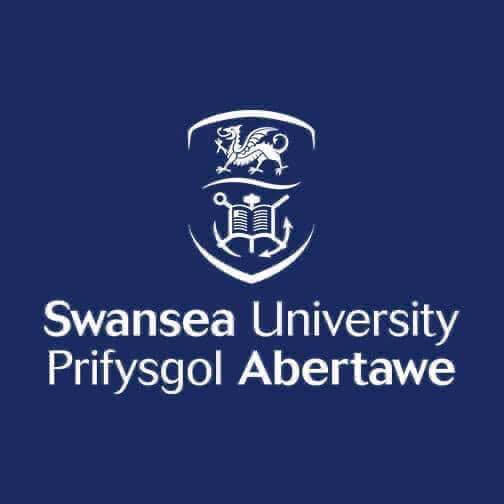fees waived
Biological Sciences, BSc (Hons), with study abroad
Swansea University, United Kingdom
Ranking in UK
Biomedical Science
Ecology
Biological Science
Costs
food & rent S$18.4k / year
Entry requirements
Scholarships
Limited quantity
Limited quantity
Limited quantity
Information
Code
Code
Intakes
Website (External)
Programmes
Information
Duration
2030
Biological Sciences encompass the scientific study of living organisms, from bacteria to large mammals and their environments. This four-year degree at Swansea University suits students undecided between biology, zoology, or marine biology, offering flexibility to explore topics before specializing. It includes local, residential, and international field courses in marine, freshwater, and terrestrial habitats, plus a year abroad at partner institutions. Accredited by the Royal Society of Biology, the program covers themes like animal welfare, microbiology, and climate impacts, supported by facilities such as a £1.3m Visualisation Centre and advanced research vessels.Modules span animal diversity, ecology, physiology, and more across four years, with Year 3 abroad for cultural immersion. Assessment involves lectures, seminars, practicals, exams, coursework, and a research project. Options for a Year in Industry boost employability, and the university guarantees conditional offers subject to requirements.
A local representative of Swansea University in Singapore is available online to assist you with enquiries about this course.

